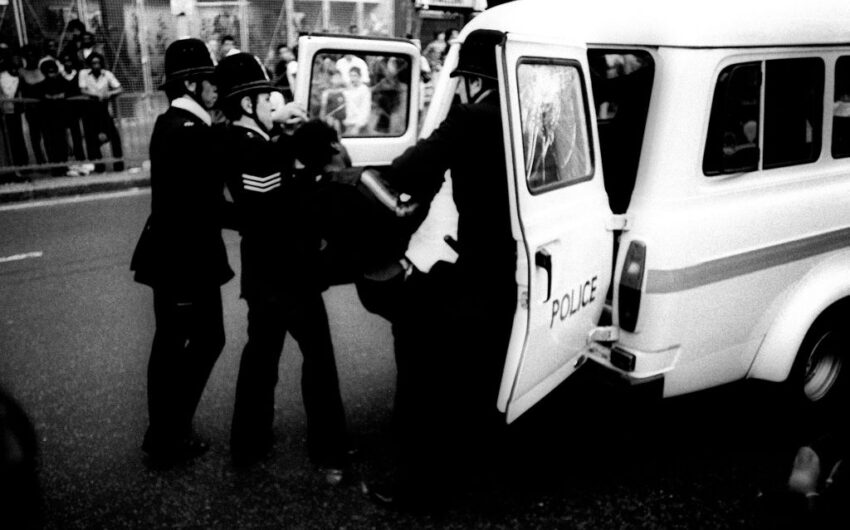I WAS only 15 when I took part in the uprising back then in 1981. I suppose, looking back now it was an opportunity to tell the British state that we had had enough of being victimised by the police. It was an opportunity to fight back and let people know that enough was enough.
I was sick and tired like most of the other young black youth of being victimised by the police, stopped and searched, bullied and roughed up.
The opportunity to actually protest back was something really powerful. It was very exciting for me as a teenager.
We did riot disruptively and negatively, but when it comes to war, a whole range of different behaviours go down. I quickly became friends with people I didn’t know and built solidarity with them.
There were positive things because of the riots. There was like an influx of money that came into Brixton at the time.
Tony Cealy
I was scared at the time because there was a street full of police officers. Up until that point, in my experience when they get hold of you, they would give you a really good beating. At 15, I was worried that if I got pulled by them, I’d be brutalised. At the same time, I was excited to be amongst comrades who could protest back and tell the police we weren’t standing for this.
On the second day, I got arrested for taking a shirt that was left by a looter. I got kicked in by police and went to Brixton Police station and got a criminal record for the first time. I got charged with a £5 fine at Campbell’s Magistrate’s Court in June 1981 for picking up a shirt.
That was always on my Criminal Records Bureau (CRB) and subsequently Disclosure and Barring Service (DBS) checks. I see it as a kind of honour, or proud legacy. Recently, it’s dropped off and that upset me greatly. People thought I’d be pleased, but I’ve told my children that I see it as living proof of what happened. to me.
It documents that I was part of it. It was worthwhile because it’s something that I’ll never ever forget.
The legacy of the uprisings
There were positive things because of the riots. There was like an influx of money that came into Brixton at the time. It was supposed to provide opportunities for the youth and housing, combat crime and all of that kind of stuff.
The recreation centre, Britain’s Dominoes Club, that all got created after the Scarman report.
The Scarman report was commissioned by the UK Government following the Brixton uprisings. It higlighted problems of racial disadvantage.
I say that Brixton gets whiter and whiter everyday. It’s definitely disappearing.
Tony Cealy
But then when you think about the people within that system, the black community leaders, they weren’t all positive. Some of them were opportunists who rinsed out the money. Certain gatekeepers were mismanaging funds, and not getting that money to the real people.
When it really comes down to it, since the riots I think some things have changed, but we still don’t have any kind of power. We don’t have the power to get the stop and search figures down. Why? Because we’re not in those positions and if we are in those positions we’re like puppets.
We’re just as powerless as we were during the 1981 uprisings.
My contribution
I fight for social justice artistically, that’s my calling. Whether it’s working with the Windrush generation or young black men around sexual violence, and mental health I use my art to help them remove these blocks and barriers to help lead towards reconciliation.
Right now, I’m working on a project that I’ve developed with the community, it’s about highlighting the unheard voices from those uprisings.
It’s called 81 Acts of Exuberant Defiance. Between now and April 2022, we’ll do 81 things. We got funding and we’ll use it to make sure that anybody who comes to Brixton in the future will know what happened here 40 years ago.
I feel really proud to be part of leaving this legacy for Brixton. We all know how much the power of gentrification just tore it away. I say that Brixton gets whiter and whiter everyday. It’s definitely disappearing.
Tony Cealy is a creative arts practitioner born and raised in Brixton. He uses the arts to fight for social change.
As told to Shanae Dennis.
You can find out more about 81 Acts of Exuberant Defiance here and get involved here.


Comments Form